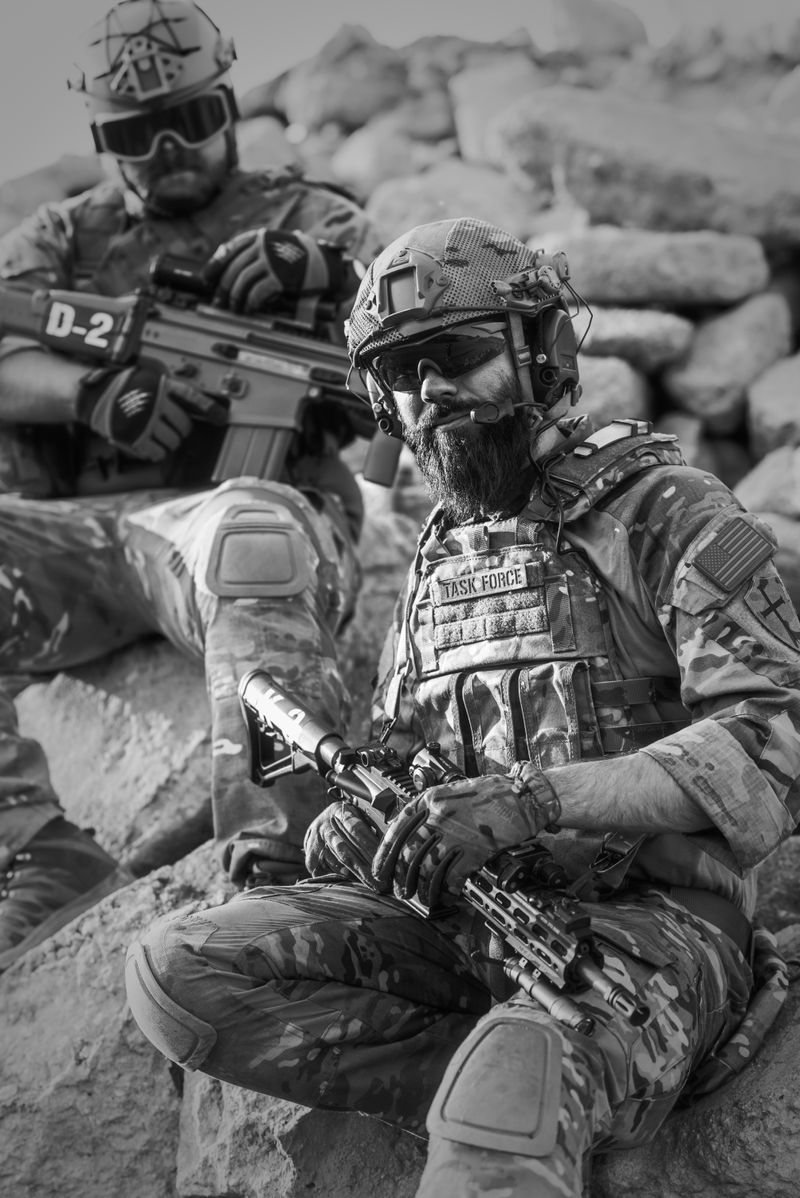A New Israel-Palestine War: Escalation in the Middle East and European Response
Introduction
The recent escalation of conflict between Israel and Palestine has brought a new challenge to Europe’s doorstep. As Russia’s aggression in Ukraine continues and tensions rise between Serbia and Kosovo, Europe is now faced with dealing with a war in its immediate neighborhood. The surprise attack by Hamas on Israel has led to a significant increase in violence, resulting in the death of over 500 people. This conflict puts additional pressure on the European Union (EU), which was planning a new Middle East peace initiative aimed at restarting talks between Israel and Palestine. European leaders have condemned the attack and expressed support for Israel’s right to defend itself. However, the escalation has caught the international community off guard and adds to the growing list of crises that Europe must address.
The Conflict: Hamas Attack and Israeli Response
Hamas launched a surprise attack on Israel early Saturday, catching the Israeli military off guard. Thousands of rockets were fired into Israel, and heavily armed gunmen stormed into Israel’s south. In response, the Israeli Defense Forces (IDF) targeted Hamas targets in Gaza. Israeli Prime Minister Benjamin Netanyahu declared that the country is at war and vowed to win. The conflict has resulted in significant casualties, with at least 250 Israelis killed and over 1,590 wounded in Hamas attacks. On the Palestinian side, at least 230 people have been killed and 1,610 wounded in Gaza as a result of Israeli retaliation. The scale of the aggression has taken the international community by surprise, as there have not been such high death tolls in a single day since the Second Intifada in the early 2000s.
European Response and Efforts for Peace
European leaders have condemned Hamas’s surprise attack on Israel and expressed support for Israel’s right to defend itself. The EU’s chief diplomat, Josep Borrell, called for an immediate cessation of violence and the release of all hostages. The EU has been working on a joint initiative with the League of Arab States, Saudi Arabia, Egypt, and Jordan to revitalize the Middle East Peace Process and promote a two-state solution. The EU’s position remains that the way forward lies in a two-state solution for Israel and Palestine.
Borrell is scheduled to attend a meeting of the EU and Gulf Cooperation Council (GCC) foreign ministers in Muscat, Oman, where the escalation in the Middle East will likely be a top agenda item. European leaders are also engaging with key Arab neighbors, such as Saudi Arabia and Jordan, to seek their support in halting the escalation and creating a political horizon for ending the occupation.
However, analysts are divided on whether the Hamas attack is a violent veto of recent positive signs in Middle East peace efforts or a strategic move by Hamas with beneficiaries such as Iran and Russia. The Institute for the Study of War reported that the Kremlin is likely to exploit Hamas’s attack on Israel to divert Western support and attention away from Ukraine. This adds another challenge for Europe as it must divide attention between multiple crises.
Editorial and Philosophical Discussion
The recent escalation of the Israel-Palestine conflict highlights the ongoing challenges and complexities of achieving lasting peace in the region. It is a stark reminder that violence and conflict continue to prevail despite international efforts to promote dialogue and peace initiatives. The loss of life and suffering on both sides is a tragic outcome of this ongoing conflict.
One of the underlying questions in this conflict is the issue of self-defense versus aggression. While Israel has the right to defend itself against attacks, the response must be proportionate and avoid causing disproportionate civilian casualties. The high number of casualties raises concerns about the protection of human rights and the principles of international law.
Another key issue is the role of external actors in the conflict. The influence of countries like Iran and Russia adds complexity to the already intricate web of international relations in the Middle East. It is essential for European leaders to remain vigilant and ensure that external actors do not exploit the conflict for their own geopolitical gains.
The conflict also highlights the need for sustained international engagement and renewed efforts for a long-term solution. The two-state solution, which envisions an independent Palestine alongside Israel, remains the preferred outcome for many in the international community. However, achieving this solution requires political will, compromise, and a commitment to peace from all parties involved. The recent round of violence underscores the urgent need for renewed diplomatic efforts and a genuine commitment to dialogue and negotiation.
Advice for European Leaders
As European leaders navigate this complex and rapidly evolving conflict, there are several key considerations to keep in mind:
1. Engage with regional partners: Collaborate closely with regional partners, such as Saudi Arabia, Egypt, and Jordan, to de-escalate the situation and create a conducive environment for peace talks. These countries have significant influence in the region and can play a pivotal role in supporting peaceful resolution to the conflict.
2. Promote dialogue and negotiation: Advocate for a return to negotiations and dialogue between Israel and Palestine. The EU should use its diplomatic channels to encourage both parties to come to the table and pursue a lasting solution. This includes supporting initiatives that promote trust-building measures, confidence-building measures, and a commitment to peaceful coexistence.
3. Address humanitarian concerns: Provide humanitarian assistance to those affected by the conflict, including access to medical care, food, and shelter. The EU should work with international partners to ensure the protection of civilians and respect for human rights.
4. Strengthen multilateral institutions: Support and strengthen the role of multilateral institutions, such as the United Nations, in addressing the conflict. The international community must work together to find a peaceful resolution and hold all parties accountable for their actions.
5. Learn from past peace initiatives: Draw lessons from previous attempts at peace in the region, such as the Oslo Accords, and identify areas for improvement. The EU should refine its approach and develop comprehensive strategies that address the root causes of the conflict and promote sustainable peace.
In conclusion, the new Israel-Palestine war presents a significant challenge for Europe as it navigates a complex web of crises in its neighborhood. The EU must remain steadfast in its commitment to peace, engage with regional partners, promote dialogue, address humanitarian concerns, strengthen multilateral institutions, and learn from past peace initiatives to successfully navigate this crisis and work towards a peaceful and sustainable resolution to the conflict.

<< photo by Pixabay >>
The image is for illustrative purposes only and does not depict the actual situation.
You might want to read !
- Palestinian Demand: Urgent Arab League Meeting in Response to Escalating Israeli Actions
- The Bold Hamas Offensive: A Defining Moment for Israel
- War on the Horizon: Netanyahu Declares after Devastating Surprise Attack
- BRICS: Bridging the Gap Between the Global South and Apartheid
- The Struggle Behind the Bars: A Closer Look at the High Number of Palestinian Prisoners in Israeli Jails
- Understanding Hezbollah: A Deep Dive into Lebanon’s Influential Political and Military Powerhouse
- Hezbollah-Israel Escalation: A Tentative Truce Shattered as Cross-Border Mortar Exchange Prompts IDF Strike
- “Humanizing Diane: A Call for Fair Treatment”
- How Rape is Utilized as a Weapon in the Conflict-Ridden State of Manipur, India
- Lebanon Border Escalation: Hezbollah’s Mortar Attack Met With IDF Retaliation




